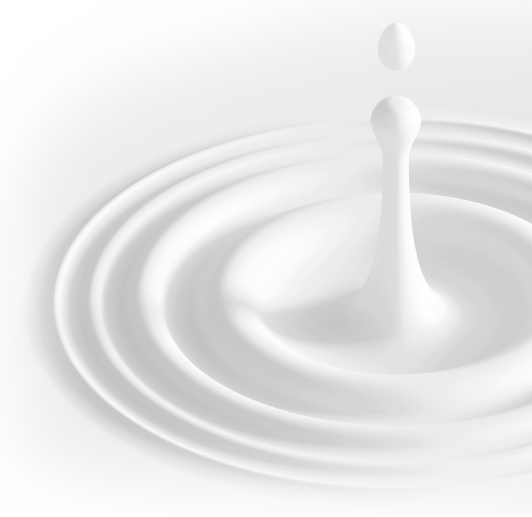RESOLV opened the New Year with an International Symposium on 'Laser Spectroscopy and Solvation Science'. The meeting took place on Wednesday 8 January 2020 in ZEMOS at the Ruhr University Bochum in front of more than 50 participants. Martina Havenith, Speaker of RESOLV, opened the event presenting RESOLV's achievements, in particular highlighting the productivity and the collaborative environment within the Cluster: Since 2012, RESOLV published more than 1300 papers, among them more than 230 involve at least two RESOLV groups.
RESOLV invited as speakers international researchers with a renowned record in the use of laser technologies to investigate questions still open in Solvation Science. Daniel Neumark from UC Berkeley, US, kicked-off the scientific part of the event with a talk on the molecular physics and chemistry at high photon energies and ultra-fast time scales (femtosecond /attosecond, using ultrafast X-ray science). Mario Rocca from the University of Genova, Italy, presented the characterization of the chemical reactivity of graphene sheets grafted on a metal surface of Nichel (using Scanning tunneling microscopy - STM). Huib Bakker from the Institute for Atomic and Molecular Physics (AMOLF), The Netherlands, opened its talk with the question "Why is ice slippery?". Bakker showed the use of Sum Frequency Generation (SFG) spectroscopy to investigate the H-bond structure at the ice surface and the synergic interplay of water molecules and antifreeze proteins in preventing ice forming in cells. Finally, Katharina Kohse-Höinghaus from the University of Bielefeld, Germany, talked about her research on combustion using laser spectroscopy and mass spectrometry and the perspective of combustion chemistry research.


